Summaries of books about Ethics & Morality:
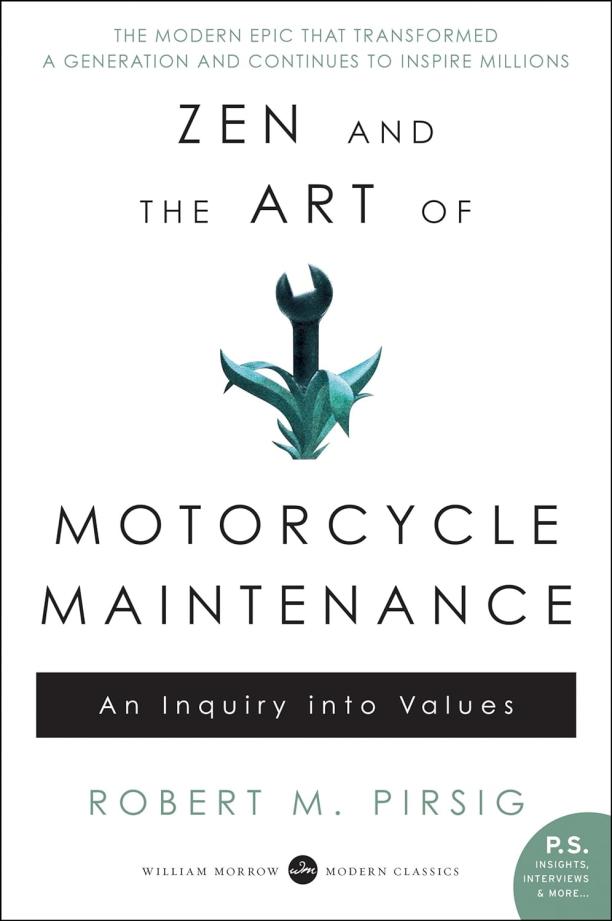
Zen and the Art of Motorcycle Maintenance
An Inquiry Into Values
Robert M. Pirsig
The narrative follows a father-son motorcycle trip across the United States, interwoven with philosophical discussions that explore the concept of "Quality" as the foundation of reality. The book delves into the protagonist's past and his philosophical ideas, which challenge the dichotomy between the romantic and classical understanding of the world.
See full summary
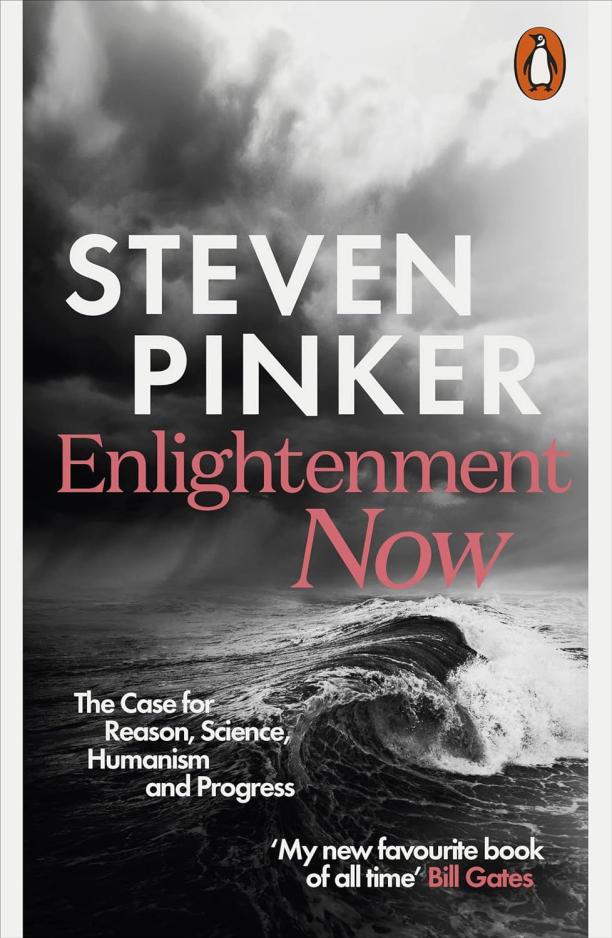
Enlightenment Now
The Case for Reason, Science, Humanism, and Progress
Steven Pinker
The book presents a comprehensive analysis of human progress, using empirical data to argue that life has improved dramatically over the centuries due to the application of reason, science, and humanistic values. It challenges pessimistic perspectives and defends the Enlightenment ideals, advocating for their continued relevance in addressing contemporary challenges.
See full summary
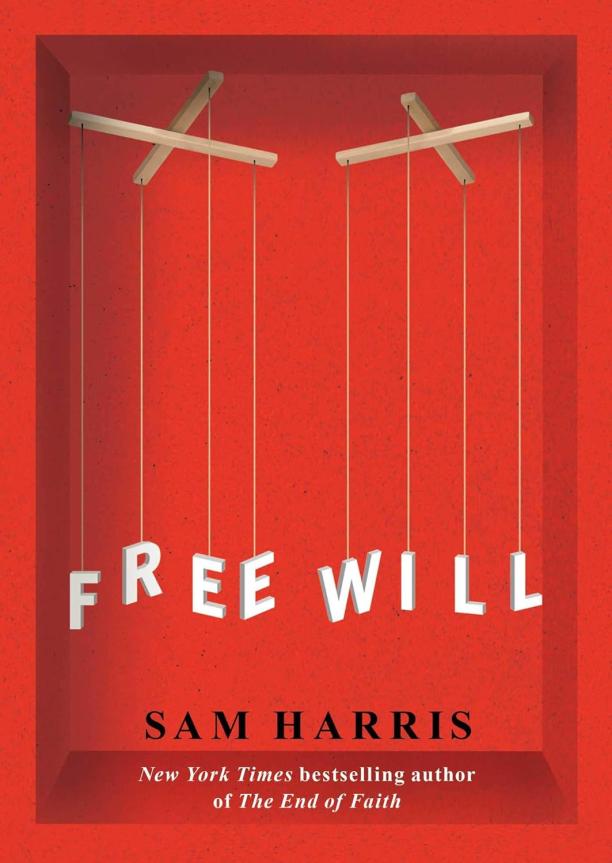
Free Will
Sam Harris
The book argues against the concept of free will, presenting the case that our thoughts and actions are determined by prior states of the universe and our brains, rather than by an individual's conscious decision-making. It explores the implications of this view on morality, personal responsibility, and justice.
See full summary

Justice
What's the Right Thing to Do?
Michael J. Sandel
The book explores various philosophical approaches to justice, examining theories from utilitarianism to libertarianism, and discussing real-world applications. It challenges readers to consider their own views on morality, justice, and the role of government in society through a series of thought-provoking examples and questions.
See full summary

Robert's Rules of Order Newly Revised In Brief, 3rd edition
Henry M. Robert|Daniel H Honemann|Thomas J Balch|Daniel E. Seabold|Shmuel Gerber
The book provides a concise guide to parliamentary procedure, offering a simplified version of the rules necessary for conducting efficient and fair meetings. It includes easy-to-follow instructions for handling motions, debates, elections, and other common organizational processes.
See full summary
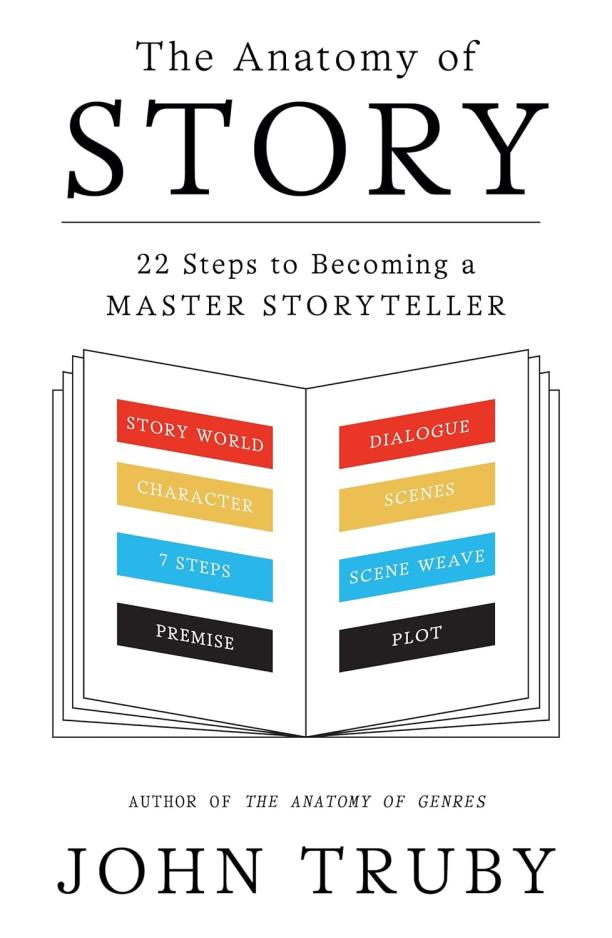
The Anatomy of Story
22 Steps to Becoming a Master Storyteller
John Truby
The book provides a comprehensive guide to storytelling, outlining 22 essential steps for crafting compelling narratives, including character development, plot structure, and thematic exploration. It offers practical tools and techniques for writers to delve deep into the mechanics of storytelling, aiming to enhance their ability to create engaging and meaningful stories.
See full summary
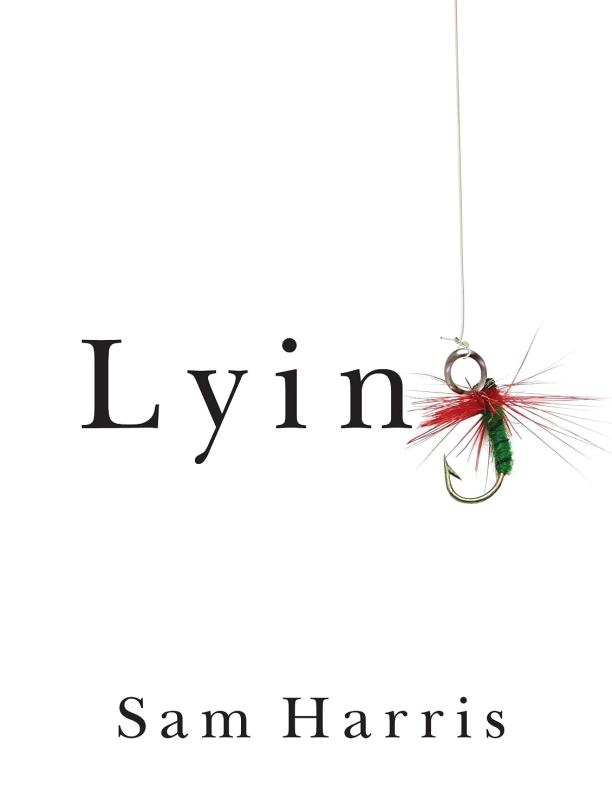
Lying
Sam Harris
The book explores the nature and implications of lying in various contexts, arguing that both white lies and more significant deceptions can undermine trust, relationships, and society. It advocates for a lifestyle that embraces complete honesty and transparency, suggesting that this approach leads to greater personal and communal well-being.
See full summary
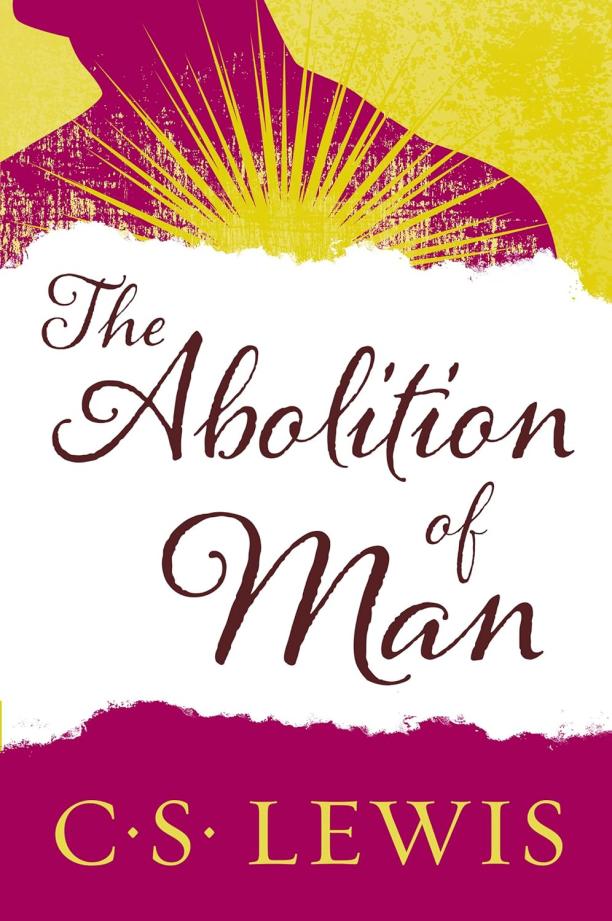
The Abolition of Man
C. S. Lewis
The work critiques the modern education system for dismissing traditional values and objective truth, arguing that such dismissal leads to the erosion of human morality and the very essence of what it means to be human. Lewis defends the existence of universal values, which he calls the Tao, and warns that abandoning these principles could result in the manipulation and dehumanization of mankind by those in power.
See full summary
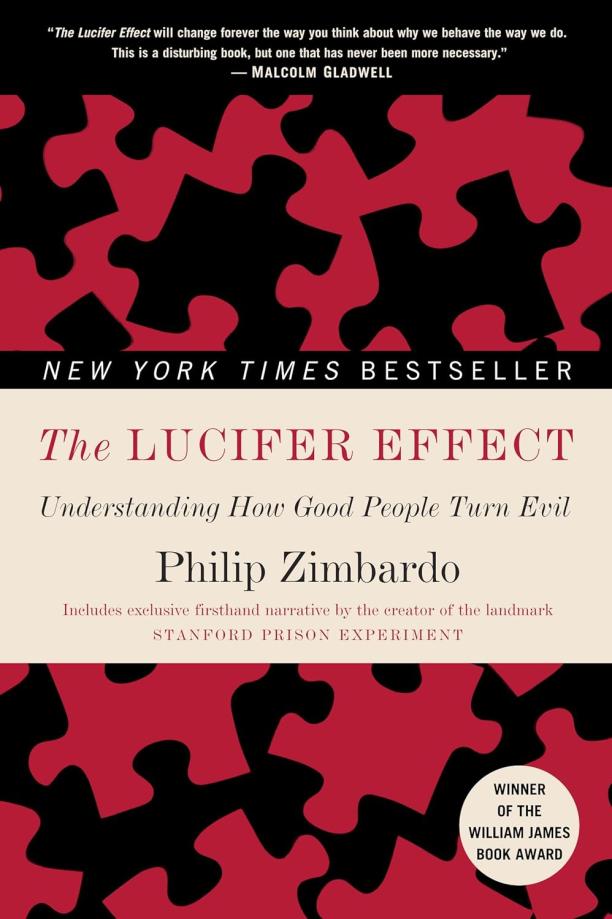
The Lucifer Effect
Understanding How Good People Turn Evil
Philip Zimbardo
The book examines the psychological mechanisms that can lead ordinary individuals to engage in reprehensible acts, using the infamous Stanford Prison Experiment as a case study. It explores the influence of situational variables and systemic structures on human behavior, challenging the notion that evil deeds are solely the result of personal pathology.
See full summary

This Is Water
Some Thoughts, Delivered on a Significant Occasion, about Living a Compassionate Life
David Foster Wallace
The book presents an expanded version of David Foster Wallace's 2005 commencement speech at Kenyon College, where he discusses the importance of being consciously aware of others and the world around us. He emphasizes the choice we have in deciding what to pay attention to and how to construct meaning from our experiences, advocating for a life of mindful compassion over automatic, self-centered thinking.
See full summary